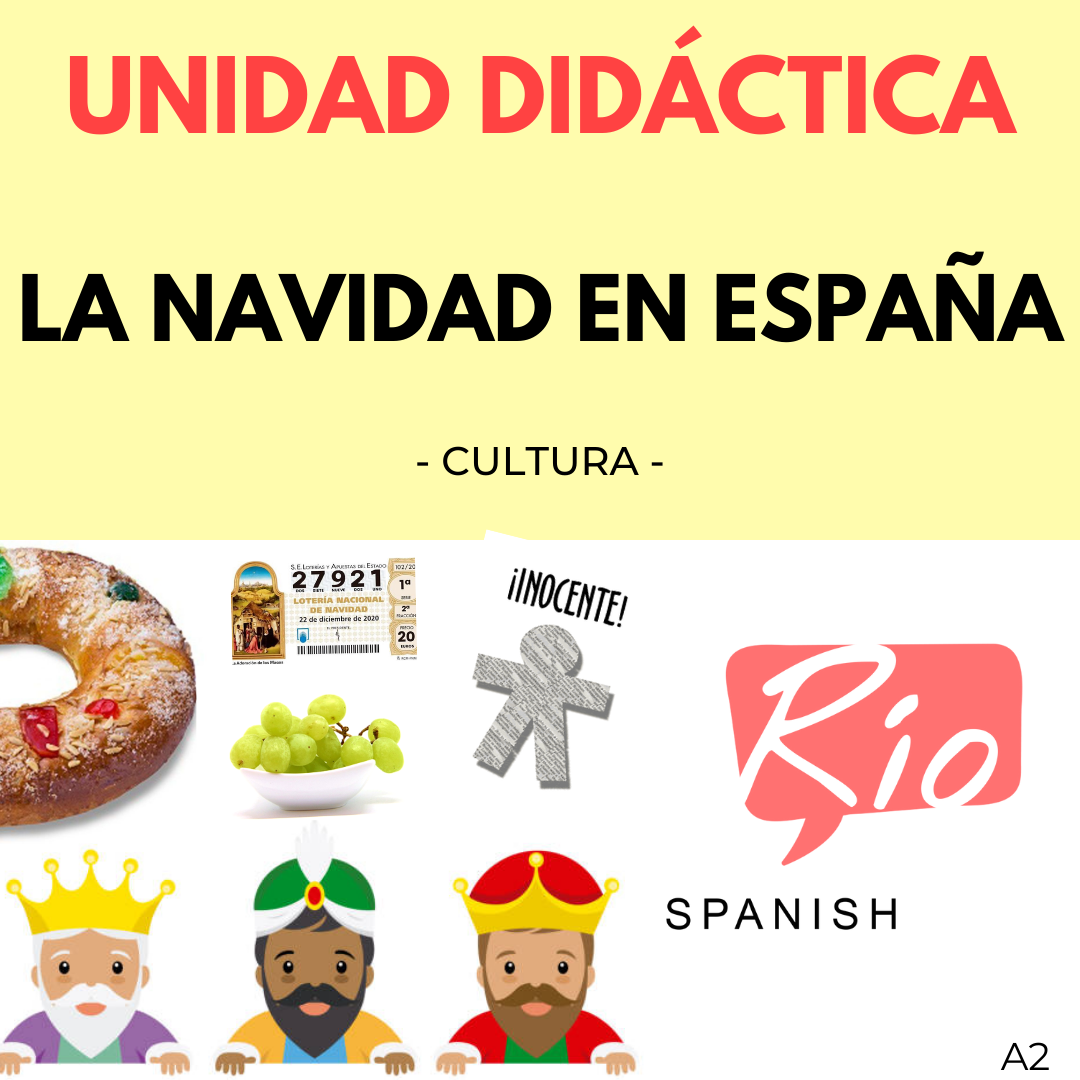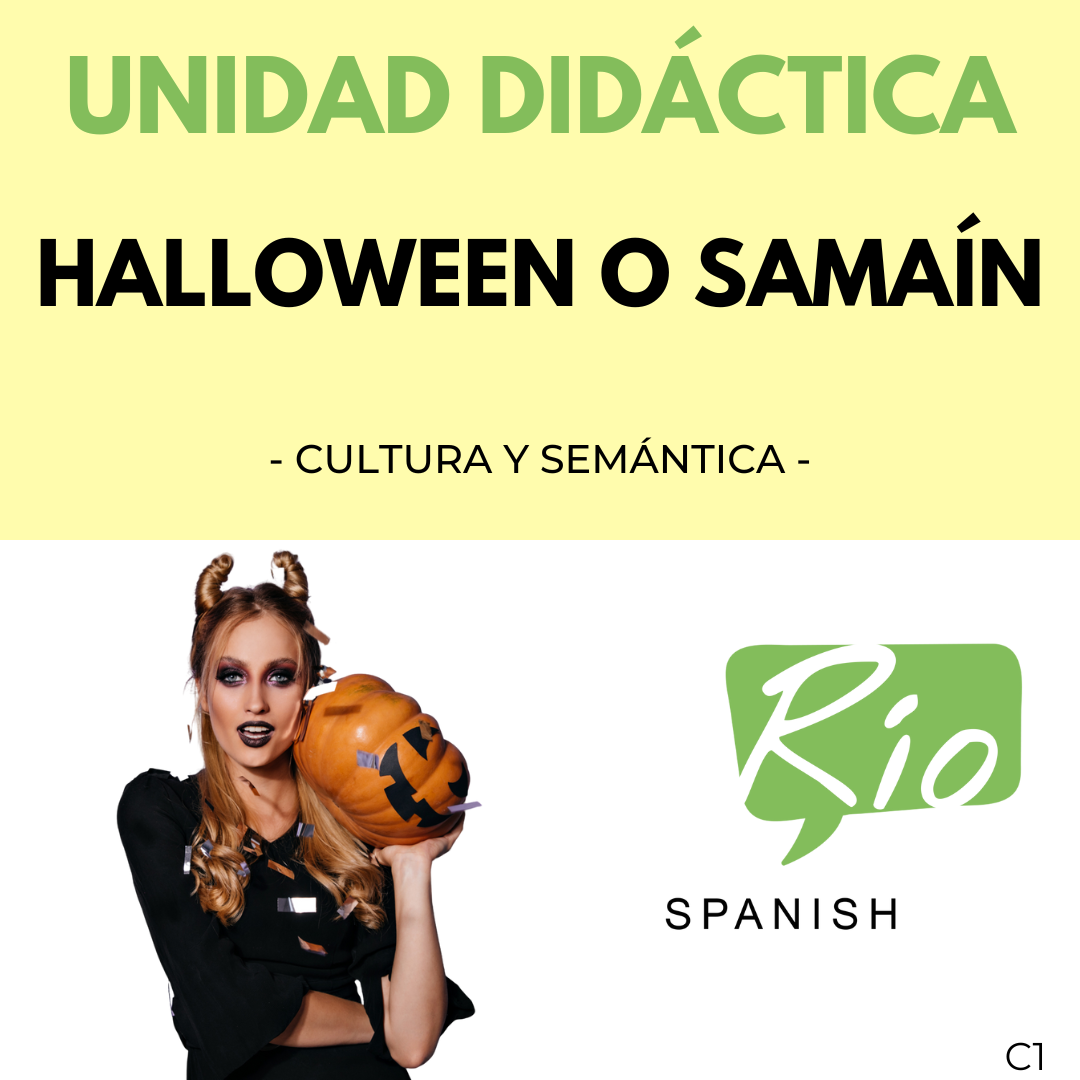13 diciembre 2021
Ana del Río
Why doesn't Santa Klaus bring presents in Spain?

Balcony in Triana (Sevilla, Spain)
But when did the war between The Three Wise Men and Santa Klaus started?
We should remember that the Three Wise Men were celebrated how we do now, with presents, only from mid-nineteenth century. Then, around the thirties of the twentieth century, Santa Claus became famous in Spain and was highly criticized by purists of Spanish Christmas traditions. In 1947, a journalist was glad that in A Coruña, not many trees or Santa Claus figures could be seen (yes, the Christmas tree came with Santa).
In this context, many brands took benefit from the novelty selling all kinds of objects using the image of Papa Noel. They also tried to change forward the date of giving the presents, with the excuse of how convenient could be to do it, so children could enjoy them during holidays.


Advertisements: Vodafone and El Corte Inglés with Santa and The Three Wise Men
However, one study of Gruopon affirmed in 2016 that 87% of the Spanish people continue celebrating the Three Wise Men and only 13% give the presents only through Santa Claus. Therefore, we can say that The Three Wise Men are winning for now. As we always say in this blog, we, Spaniards, are quite traditional and we put resistance to the foreign fashions.
If you are a Spanish teacher and you want your students to know about
this
and the rest of our Christmas traditions
, check out our lastest teaching material available in our
shop:
Explore our shop to find many other teaching materials:
























